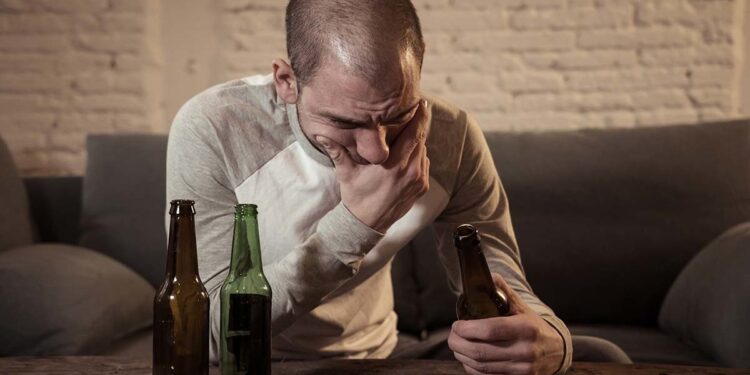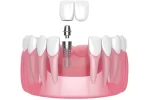What Is The Timeline Until Alcohol Withdrawal Symptoms Are Gone?

Alcohol withdrawal symptoms occur when you drink alcohol heavily for weeks, or months and try to stop your intake. The symptoms range from mild to severe. But, if you drink occasionally, it’s unlikely that you’ll experience withdrawal symptoms once you stop. Yet, if you have already experienced alcohol withdrawal, you are more likely to experience it again the next time you decide to give up again.
Without proper care, alcohol withdrawal can be severe and even fatal, especially if you’ve been drinking heavily for a long time.
Tremors, sweating, nausea, and anxiety are a few signs of alcohol withdrawal. Seizures, mood swings, and fever are more severe signs. With medical supervision, detoxing from alcohol is the safest option.
Anyone who is unable to help their loved ones with medical help can always get recommendations from Detox To Rehab. You can follow them for information on any addiction, symptoms, and ways to overcome it. Simply check this blog to know more about the community. You can also find a rehab near your location through their website.
Timeline of Alcohol Withdrawal
- 6–12 hours after the last drink. Early withdrawal symptoms, such as headache, moderate anxiety, insomnia, minor tremors, and stomach discomfort.
- After 24 hours. Some people may start to have tactile, auditory, or visual hallucination.
- 24 to 72 hours. Many symptoms can peak within the first 24 to 72 hours and start to level out or disappear. After the last drink, seizure risks may be at their peak, necessitating strict monitoring and seizure prophylaxis.
- Withdrawal delirium may reflect 48 to 72 hours post last drink.
Detox Treatment
The most secure approach to going through alcohol withdrawal is with a healthcare professional watching over you. Being in a hospital or detox facility guarantees that qualified specialists are constantly monitoring you.
You will feel safe and at ease while going through the process. If you have a high risk of experiencing DTs, you should be extra cautious about quitting drinking without a doctor’s supervision.
To cleanse their body, a person does not need to be dependent on anything. You can get it done anytime you feel your body needs cleansing. The most important thing is to avoid things that can harm your physical, social, and mental life.






